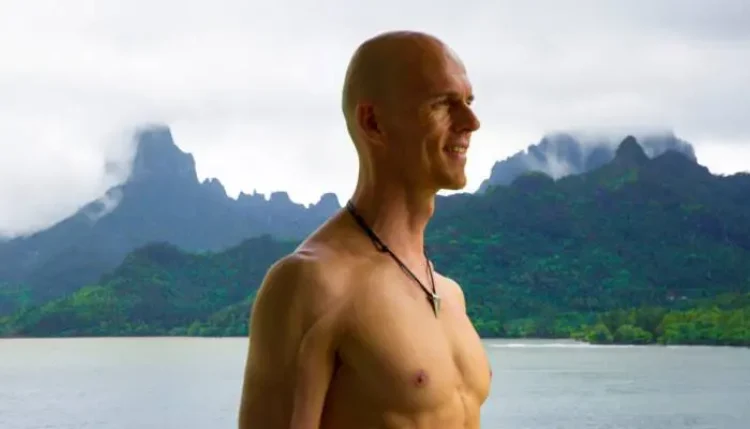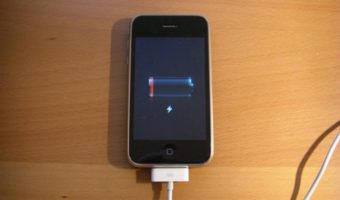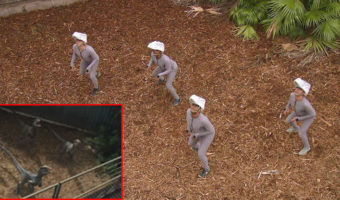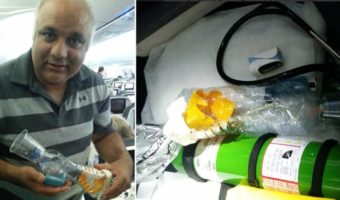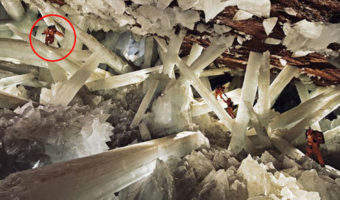Freediving Legend Herbert Nitsch Opens Up About His Near-Fatal Dive
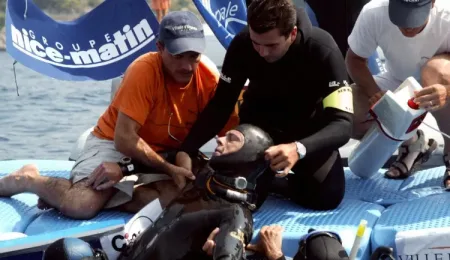
Herbert Nitsch, the renowned free diver who came close to losing his life during a record-breaking dive on June 6, 2012, has opened up about the harrowing experience and his road to recovery. Sharing his thoughts publicly for the first time, Nitsch reflects on that fateful day and the journey he has taken to regain his strength.
The Dive That Almost Took His Life
On a windy day in Santorini, Greece, Nitsch aimed to break his previous no-limit free diving record of 700 feet by reaching a depth of 800 feet (243.84 meters). Years of preparation, intricate sled design, and rigorous safety protocols had gone into this moment. Nitsch succeeded in reaching a new record depth of 818.6 feet (249.5 meters), but tragedy struck on the ascent. He lost consciousness due to nitrogen narcosis—a first in the history of freediving—about 100 meters below the surface.
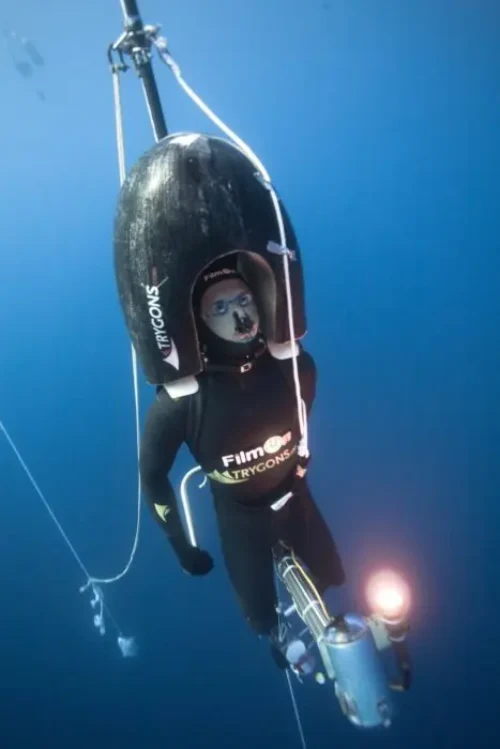
Despite the loss of consciousness, Nitsch’s well-prepared safety plan saved him. His sled, designed to stop at 10 meters, brought him close enough to safety divers, who rushed him to the surface. However, missing the critical decompression stop led to serious decompression sickness (DCS), which affected Nitsch’s brain, leaving him with severe neurological damage.
A Fight for Survival
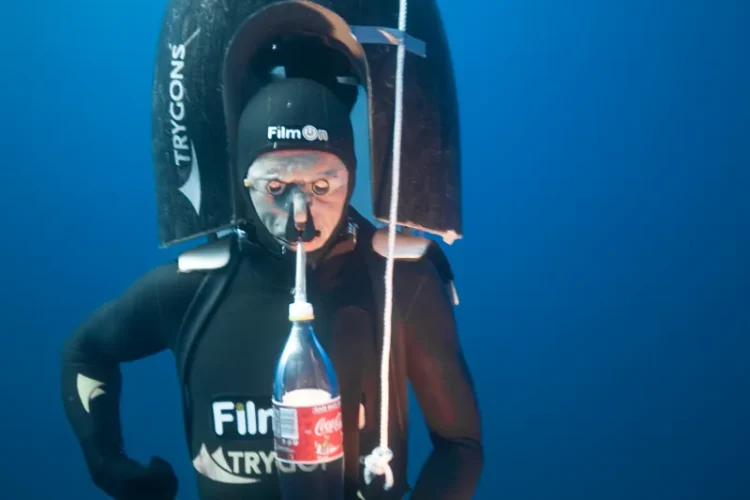
Once on the surface, Nitsch regained consciousness long enough to realize something was wrong. He requested oxygen and descended again to 10 meters for a 20-minute period to lessen the impact of DCS. However, his condition rapidly deteriorated, and he was rushed by speedboat and plane to a decompression chamber in Athens, Greece.
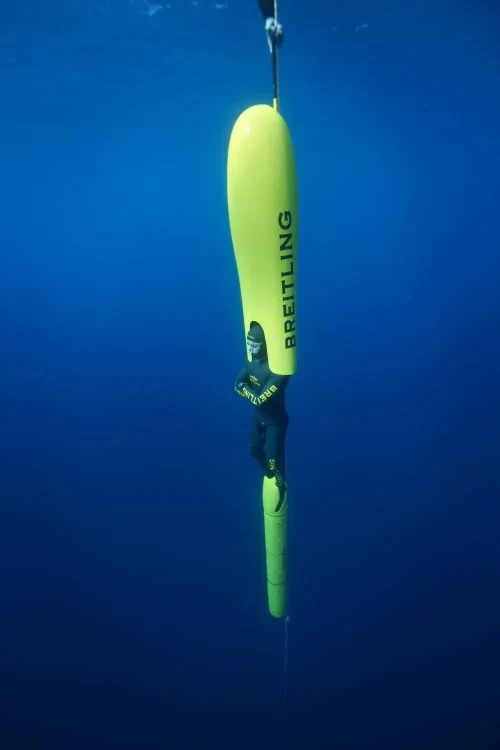
After a week of treatment, Nitsch was flown to Germany for further recompression therapy and began the long process of rehabilitation in Vienna, where he had to relearn basic functions such as walking and talking. His physical and mental recovery was slow and grueling, pushing him into a state of depression as he questioned whether he would ever return to normal life.
Overcoming the Odds
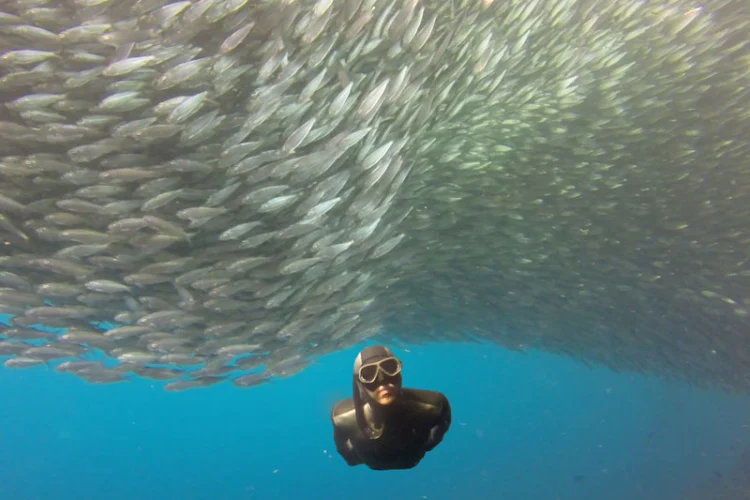
Nitsch did not let these dark moments defeat him. He adopted a strict regime of healthy living, including superfoods and exercise, and followed his intuition, often ignoring conventional medical advice. His determination mirrored the mindset that had helped him push boundaries in freediving—exploring human limits and striving for excellence.
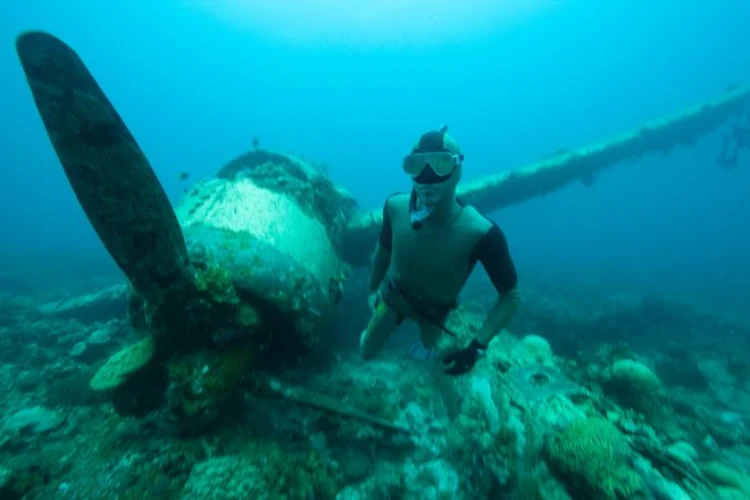
Today, though he still faces some physical challenges, Nitsch’s condition has significantly improved. He’s even returned to the water. By January 2013, he was freediving again, starting with a trip to the South Pacific where he also lectured on a cruise liner. In May, he returned to Palau for further freediving adventures, which reignited his passion for the sport and reminded him of the endless mysteries of the ocean.
Looking Ahead
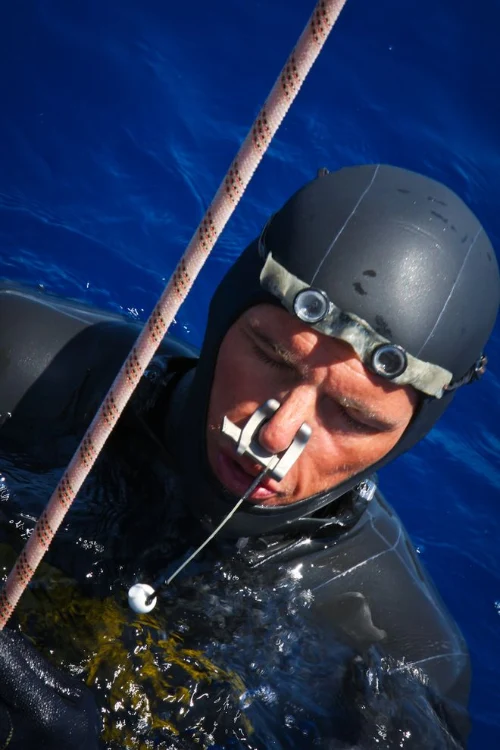
Nitsch chose to remain silent in the media for nearly a year after the incident, prioritizing his recovery over public attention. Now, ready to share his story, he reflects on the dive that nearly took his life, believing that while the dive plan was sound, the weather conditions were not optimal. Looking back, he acknowledges that delaying the dive might have led to a different outcome.
A documentary by Red Bull, detailing Nitsch’s record dive and recovery, is set to air on June 6, 2013. It will feature never-before-seen footage, including his time in the South Pacific. Looking forward, Nitsch plans to focus on ocean conservation, new submersible designs, and ocean exploration, while stepping away from competitive freediving.
Despite everything, Nitsch’s adventurous spirit remains unshaken, and he’s ready to tackle whatever challenges the future may hold.














